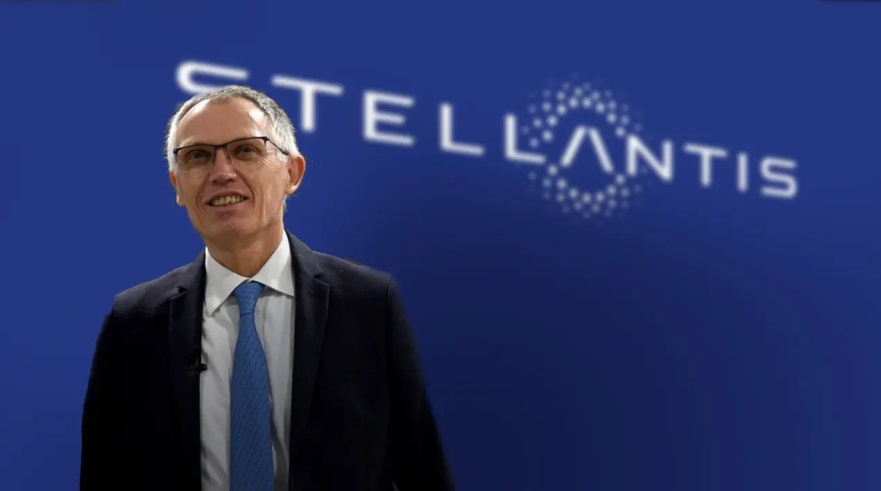At the Freedom of Mobility Forum, Carlos Tavares, CEO of the international automotive group Stellantis, has argued that technology in electric vehicles has not been affordable enough to achieve a transition towards the decarbonisation of mobility across all social strata.
“It is clear that electric vehicle technology is certainly on the wrong path to becoming more affordable, and we have been explaining this for a while. It will take time to make mobility cleaner and more affordable,” stated the executive.
Tavares responded in this way to the question of how to make electrified mobility more accessible, especially for the middle classes and economically excluded groups.
“As we know, in Asia we can find much more competitive solutions right now using the same technology, which means that the Western world will face a very significant, a ‘Darwinian’ change, in terms of production impact, starting with Germany, but also in the Western world, and we will see how our societies react,” he added.
The debate, composed of five expert panelists in the areas of technology and artificial intelligence, environment and energy, and economy and social justice, addressed the main question of this forum edition: “How can the planet accommodate the mobility needs of eight billion people?”
Regarding alternative fuels and biofuels as a mobility solution in the energy transition, Tavares stated that “we should move away from the dogmatic view where one measure fits all,” referring to electrification.
He also pointed out that electric vehicles need “a significant breakthrough” since they use an additional 500 kg due to the rare materials incorporated in the batteries that power the cars.
“It is clear that the industry, based on new chemical ingredients, needs to achieve in the coming decades an advancement in the density of energy cells to reduce by at least 50 per cent the weight of the use of rare materials in electric vehicles,” the executive says.
Additionally, he argued that although biofuels such as ethanol “are a good solution” for mobility, they should not be opposed “to food and agriculture,” as they “require a significant amount of land to be produced.”
“Biofuels are a good solution among the portfolio of solutions that, pragmatically, we need to use. And I agree that, with a reasonable situation like the one we know today in Brazil, they work as well as the electric vehicle within the energy mix in Europe, so the carbon footprint is quite efficient. It is one of the solutions we have,” said Tavares.
Finally, the Stellantis executive argued that the disappearance of private cars in cities and the use of public transport as the only mobility solution for the future would not be correct, as it has been demonstrated in the past that this scheme “has not worked.”
“If public transport were the correct answer, and it can be, I’m not saying it’s not, the question is, ‘Why didn’t it work for the last 70 years?’ Because many attempts have been made, many investments have been made, many cities have tried it, but most have failed,” Tavares expressed.
He cited new solutions in which the same automotive group is investing, such as “car-sharing,” and pointed out that public transport is changing its approach, improving it with new technologies like artificial intelligence.
“I think it’s a different approach in the way we understand people’s needs and the way we process data and understand where we should put capacity and when to optimise convenience and reduce emissions,” he added.
Read more: Italy’s leaders vs Stellantis CEO: Incentives for EVs spark new debate







